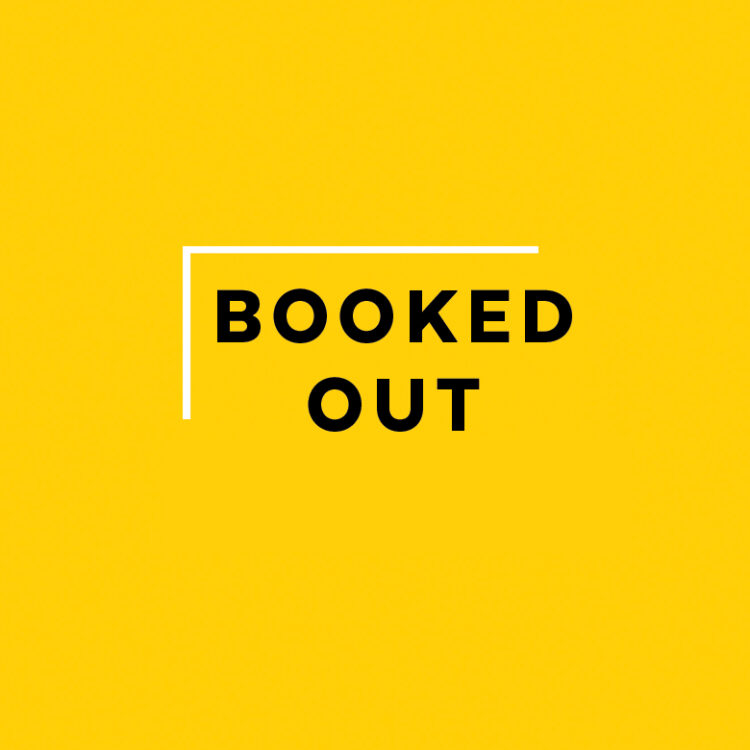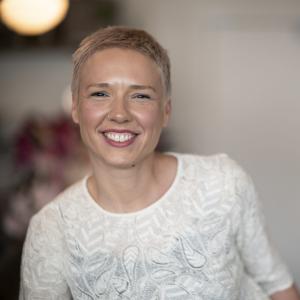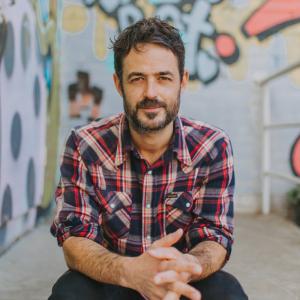This course consists of twenty-two 2 hour evening classes, six full-day sessions and two additional evening sessions dedicated to the Faber Writing Anthology. All evening sessions will take place on Wednesdays, 6.30pm – 8.30pm. Full-day sessions will take place on Saturdays from 10.00am –4.00pm.
Session 1: Wednesday 19 February
Introductory session: Goals, obstacles, desires. Why are you writing? What matters? What are your themes? Why this story?
Session 2: Wednesday 26 February
Reading as a writer: How to use techniques of close, targeted reading as an ongoing way of improving your craft. Setting yourself a ‘reading project’ for the year.
Session 3: Saturday 1 March
Story, structure, plot: What are the different types of plot? Do you even need one? How do you maintain intensity and momentum with varied pacing? How do you find the right structure for your novel? While plot is related to structure the two operate independently, so consideration will also be given to the ways in which they should both support and develop the other.
Session 4: Wednesday 5 March
Scene and summary: What is the difference between scene and summary? What is the function of each in your novel, and how do they work on the page?
Session 5: Wednesday 12 March
Narrative point of view and tense: Who is telling the story? How and when? Will it be first, second or third person? Close or distant? Past or present tense?
Session 6: Wednesday 19 March
Handling Time: Flash-back, flash-forward and everything in between. How to handle the passage of time in your narrative on both the plot- and scene-level. Different ways to incorporate back story and to handle transitions between time periods.
Session 7: Saturday 22 March
Characters major and minor: Who is at the heart of your novel? Who are your secondary characters and what are their roles? Inventing and observing characters. Physical and psychological description.
Session 8: Wednesday 26 March
Place, setting, world building: Writing place convincingly. Setting as inspiration and as character.
Session 9: Wednesday 2 April
Dialogue: Listening, recording, pace, precision. Imagined truth and overheard truth. The difference between dialogue as spoken and as it reads on the page.
Session 10: Wednesday 9 April
Showing and Telling: Giving your writing power and subtlety through techniques of ‘showing’. Learning to trust your reader.
EASTER BREAK
Session 11: Wednesday 30 April
Genre and anti-genre: An industry professional will talk to us about different genres of writing and the differences (or not!) between them.
Session 12: Saturday 3 May
Voice and Psychic Distance: What is meant by the term ‘voice’ in relation to the novel? What is the voice and tone of your novel? What are the possibilities and impacts of the choices you could make in relation to the level of ‘closeness’ or ‘distance’ from the inner voice/s of your character/s? How can you consciously decide on and create the tone and voice of your novel?
Session 13: Wednesday 7 May
Fiction and the self: What are the fundamental differences between fiction and autobiography? How do we draw from our own lives to create, powerful and authentic fiction? When should we recall and record and when should we invent?
Session 14: Wednesday 14 May
Guest industry professional: An industry professional will share their experience with you and answer your questions.
Session 15: Wednesday 21 May
Types of prose: The relationship between prose style, tone and voice. What type of prose style is appropriate for your novel? Thinking about the impact of sentence-level choices on your novel as a whole.
COURSE BREAK
Session 16: Wednesday 23 July
Revisiting beginnings: What are some of the common ways of beginning a novel, and what effects and expectations do they create for the reader? What are you aiming to achieve in your own opening?
Session 17: Wednesday 30 July
Character and narrative arcs: How does character drive your novel? How do your protagonists ‘change’ or ‘grow’ over the course of your novel? Do they even need to? A consideration of the relationship between character, plot and structure.
Session 18: Wednesday 6 August
Theme, Imagery and Symbolism: What are the ‘big ideas’ at work in your novel? How are they translated onto the page via imagery and symbol?
Session 19: Saturday 9 August
Editing part 1 – Structural Editing: All editing requires perspective, but editing for story, plot and structure is very different to a line edit. This session has a focus on the big picture.
Session 20: Wednesday 13 August
Editing part 2 – Close Editing: This session focuses on the process of editing your work on the sentence level, with a focus on elements such as syntax, word choice, clarity and rhythm.
Session 21: Wednesday 20 August
Pitching and synopsis boot camp: How do you describe your work to other people, particularly other professionals? This session talks about the differences between the blurb, the synopsis and the pitch, and how to tackle each.
Session 22: Wednesday 27 August
Research, ethics, writing from life: Writing fiction has freedoms, but also some responsibilities. A consideration of some ethical issues raised by drawing on real events or real people’s lives in your work.
Session 23: Saturday 30 August
Guest voice coach – articulating your project, presentation and pitching: In this special session students are coached by a skilled actor/voice coach in using performance skills for presentations and readings, and also for pitching. In the afternoon you will work on refining and practicing your own pitches.
Session 24: Wednesday 3 September
Language and detail: This session focuses on the use of detail to enrich your writing, and on figurative elements such as simile and metaphor.
Session 25: Wednesday 10 September
Endings: How do you know when you’re finished? How do you achieve satisfying resolutions? What is the deep heart of your book? In this session we will look at endings and explore ways of tapping your originality.
Session 26: Saturday 13 September
Guest agent and publisher Q&A and pitching practice: In this session we will be joined by special guests, a professional agent and professional publisher. Students will have the opportunity to practice their pitch, and ask questions about how to get an agent or publisher’s attention and how to work with them in the long term.
Session 27: Wednesday 17 September
Getting to the end and where to next – this session will address a range of topics such as submitting to literary journals, manuscript prizes, agents and publishers, as well as who to get to read your draft, the pros and cons of manuscript assessments, and options for further study in creative writing. We’ll also revisit your initial planning documents from the first week of the course.
Session 28: Thursday 25 September (Please note this final session is on a Thursday not a Wednesday)
Wrap up: how to maintain your writing practice. Followed by a celebratory drinks.
Faber Writing Anthology sessions:
- Session 29: Meet the Faber Anthology Editor
- Session 30: Meet the Faber UK Team
All Saturday sessions are held in person at Kathleen Syme Library and Community Centre, 251 Faraday Street Carlton VIC 3053, and are fully catered. Evening sessions are hosted on Zoom, except for the first and final evening sessions, which will take place in person at the Kathleen Syme Library.
The exact course content could be adjusted according to the experience and concerns of the group and availability of guest writers. The detail of the course is at the discretion of the Course Director and Faber Writing Academy at Allen & Unwin.





